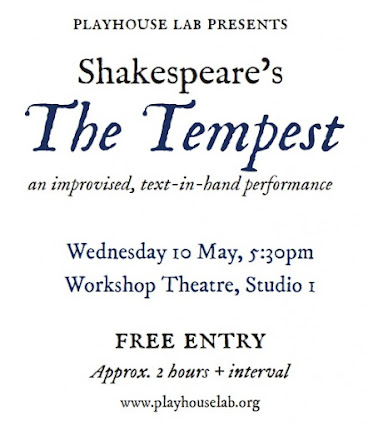#3: Symbolic Violence and Language 15/11/18
Thursday 15 November | 5 - 6.30pm | LHRI | All welcome
For our
third session of the year, we will be focusing on Butler’s analyses of hate
speech, censorship, and ‘obscenity’ in the introduction to Excitable Speech: A Politics of the Performative (1997).
Excitable Speech continues Butler’s investigation of subject categories in the context of language and rhetoric.
She returns to speech act theories, this time developing questions related to hate
speech, injurious name-calling (such as racial slurs or epithets), pornography,
rap lyrics, and gay self-expression in the US military – all these topics receive
an introductory gloss in this week’s material. Central to her thesis is the
rhetorical elision between physical and linguistic injury. Can words wound? How
are bodies implicated in, or interpellated by, verbal pain or injury, such as
name-calling or legal legislation? Her introduction, and the study as a whole,
demonstrates an anxiety about the limits of resignification. Butler questions,
how can “language that counters the injuries of speech” – say in a court of law
or via a censorship act – “repeat those injuries without precisely reenacting
them?” (40-1). If we run the risk of repetition, might the resignification of
hate speech open out new and unknown futures? Our reading this week considers
these questions and revisits issues covered in the previous two sessions. This
includes, namely, Butler’s understanding of discourse as something which precedes
and exceeds speaking subjects, and the role of agency in shaping operations of
discourse and subject formation.
In
addition to the Butler material, we will draw on the Ford-Kavanaugh hearings
recently held in September this year. Both Christine
Blasey Ford and Brett Kavanaugh’s testimonies, and their subsequent
interrogation by the Senate Judiciary Committee, are particularly illustrative
of Butler’s discussions about the re-enactment of injurious language in the context
of the law and legislation.
A Pdf of
the introduction to Excitable Speech can
be found here.
Youtube is
an excellent resource for a range of footage of the Ford-Kavanaugh hearings. Most
videos covering the highlights of the trial will suffice as summaries.
For a
concise analysis of the hearings, we recommend Doreen St. Félix’s article for The New Yorker.
J. Hillis
Miller revisits Butler’s philosophical propositions in Excitable Speech, lucidly distilling her argument in an article for the Women’s Studies Quarterly. This is a
useful accompaniment to the main Butler text.
Excited to
see you all in a week’s time!
Thursday 15 November | 5 - 6.30pm |
Leeds Humanities Research Institute, 29 - 31 Clarendon Place: Room 1 | All
Welcome!



Comments
Post a Comment